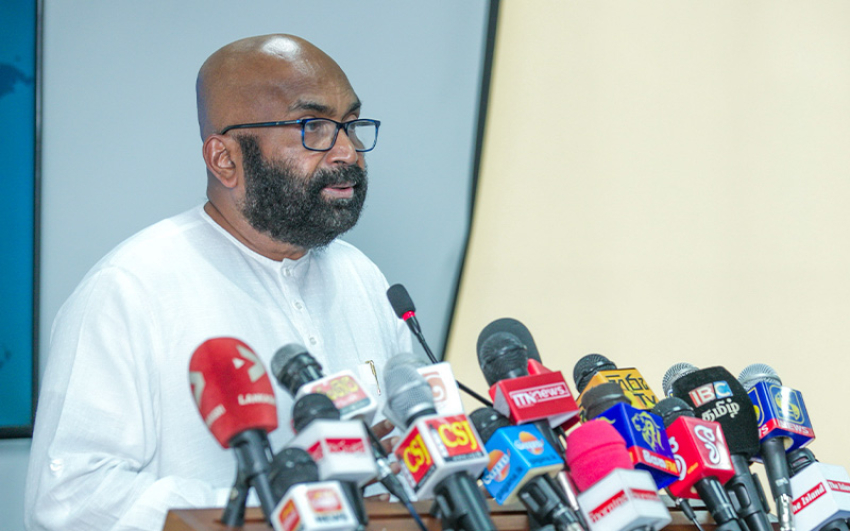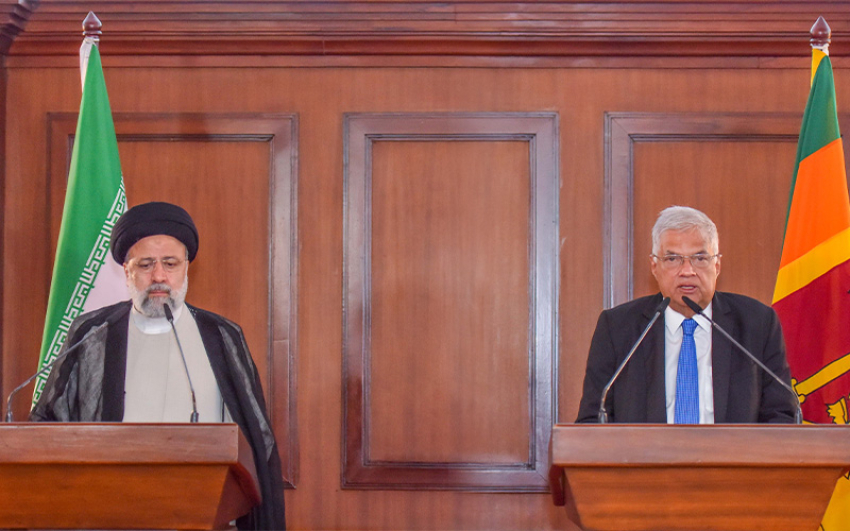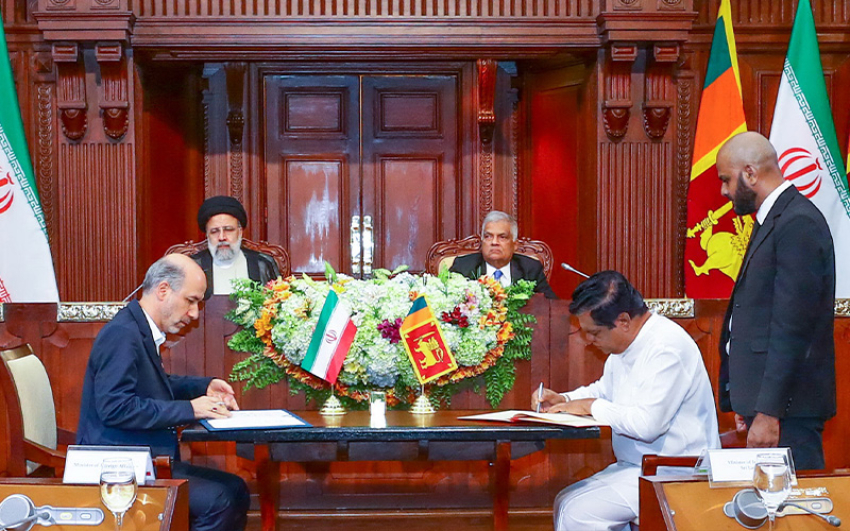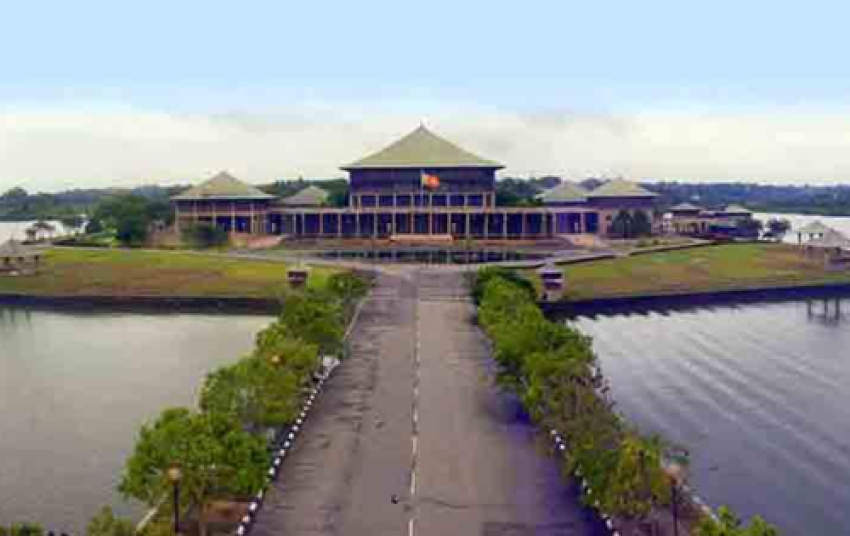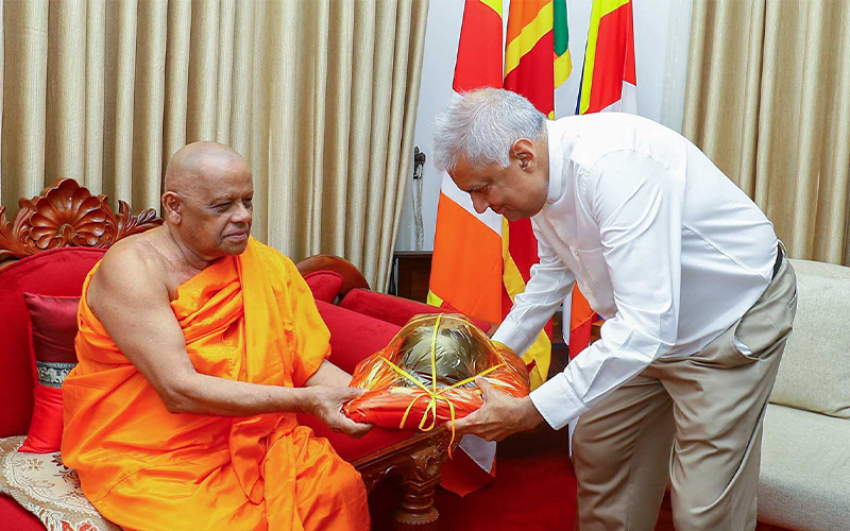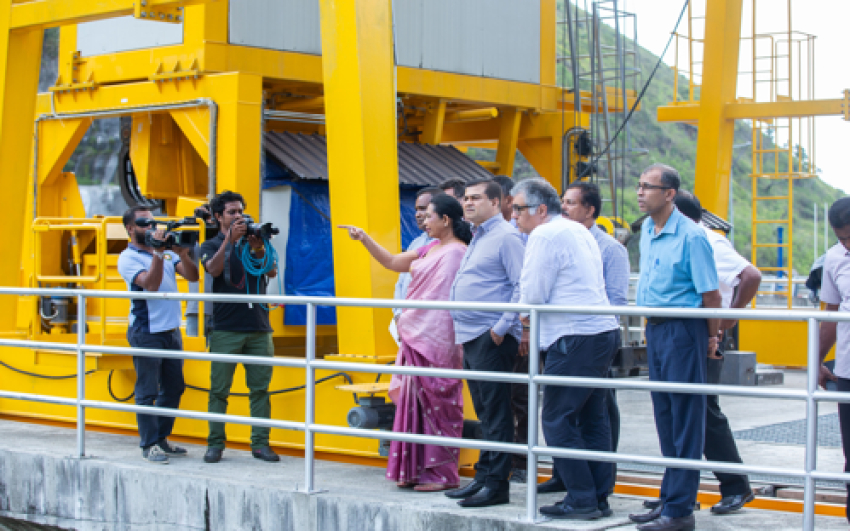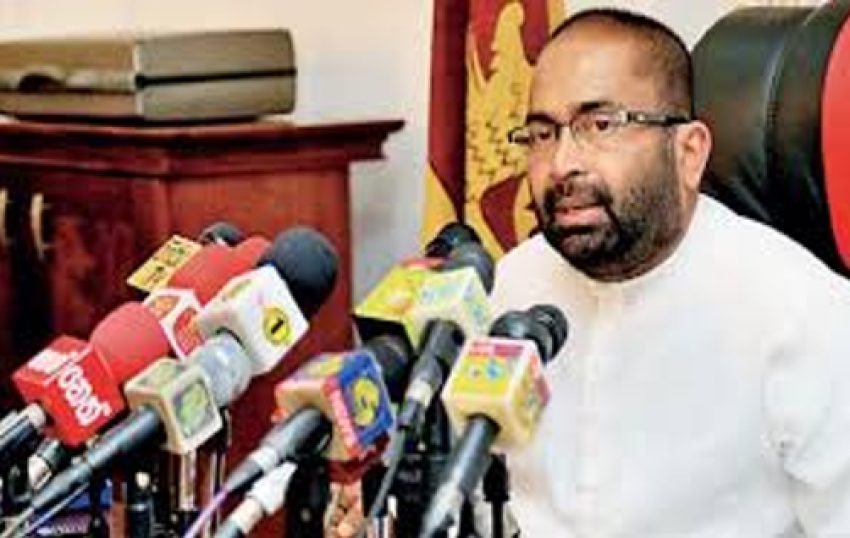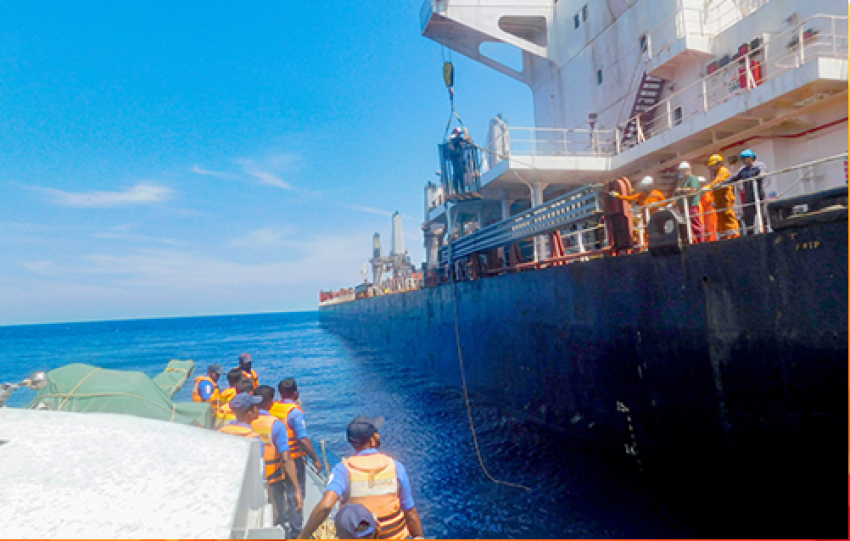With no other party gaining more than 40 percent of the votes at recent elections, the only question (at the presidential election in January) is how significant the UPFA majority will be in parliament after the January polls, Forbes commentators opine, in the magazine's 30th October issue.
Giving Ten Reasons to Invest In Sri Lanka, a Forbes editorial states that from an investor's point of view, the case for Sri Lanka is getting strong.
Sri Lanka has one of the best cases for an economy with the stars aligned in its favour, it is stated.
The article adds: President Rajapaksa recently called for elections in January 2015, a full 16 months ahead of when they would be required. Under his leadership, the civil war ended in 2009, term limits for the presidency were removed in 2010, a wave of infrastructure investment has been engaged and the country's economy has experienced a still rising peace dividend. The previous election in 2010 resulted in his party taking a little over 60 per cent of the seats in Parliament.
In provincial elections in March and September of this year, President Mahinda Rajapaksa's United People's Freedom Alliance (UPFA) party held 55% of the vote in two provinces in March and 51% in the one province in September. With no other party gaining more than 40% of the vote in any of these elections, the only question in January is how significant the UPFA majority will be in parliament after January's elections.
"The market has witnessed a bullish sentiment due to the prevailing low interest rate scenario. Assuming this trend continues, the market will continue its bullish trend. Next year being an election year, I would assume the market to further strengthen its position due to elections defining a clear political scenario,' Springer states quoting Harsha Fernando, Director and Chief Executive Officer of local brokerage SC Securities (Pvt) Limited.
"We feel that the Colombo Bourse will continue to be a benefactor of the low interest rate regime, we have seen from the beginning of the year and will realize good returns for the next few years. With the bank loan growth expected to gradually start picking up, companies will reap the benefits of the conducive environment and should be backed by strong corporate earnings growth. Meanwhile with political stability and the country's economy poised to grow plus 7 per cent over the next 3 years, we do not see any reason why the stock market would not perceive a steady rise", Dihan Dedigama, CEO of Softlogic Stockbrokers concurs, has opined.
Springer says that however Ceylon Asset Management has made the boldest prediction: He reiterated to me last night by their Economic Advisor, Michael Preiss: We expect 25% growth in the equity market on average per year for the next five years. If you think about it, that isn't that much based on 7 to 8% growth in the economy annually. What people don't realize is that on a per capita basis, Sri Lanka is twice as rich as India.
Preiss went on to point out that India was an out of favor place for investments a year and a half ago but is now a popular place to invest with a high performing market since Prime Minister Narendra Modi was elected. There are two ways growth in India's economy can benefit Sri Lanka:
•Based on trade relations and proximity, positive economic news for India is also positive for Sri Lanka.
•Preiss believes that as more money flows into India, investors will take the time to consider other countries in the region to invest which will net positive results for Sri Lanka.
Citing the steady rise in tourism Jon has marked the 26-year civil war as obviously bad for tourism. As a result Sri Lanka's beaches, cultural sites, wildlife and natural beauty had multiple decades with minimal amounts of tourism. But " in late August this year, the one millionth tourist of this year was welcomed with great fanfare at the airport. Tourism from people in Europe and the Middle East is steadily rising. While India for now continues to be Sri Lanka's largest source of tourists, the biggest rise in tourism this year has been from Chinese visitors with year-over-year increase in excess of 100% on a monthly basis."
Making reference to Ports and Chinese Investment in Sri Lanka he observed that China has turned out to be the aiding growth and providing a strong geopolitical and economic ally. The Chinese-led project to landfill 575 acres to create Colombo Port City adjacent to the capital of Colombo and its current port is a record breaking private sector investment in Sri Lanka. While it may seem bold now, Sri Lanka is seeking to compete with Singapore and Dubai as a maritime center.
While other Chinese financed projects exist at other port facilities in the country, this one alone is estimated to be a $1.4 billion project. While India remains Sri Lanka's largest trading partner, China replaced the U.S. as Sri Lanka's second largest trading partner last year.
He has also cited the anticipation of Sri Lanka to increase per capita income in the two to three years to be defined as middle income country by the World Basnk. When Sri Lanka moves on to be middle income in a couple of two years the credit rating will improve as well.
Jon also make reference to two principal risks to Sri Lanka economy.They are a global economic downturn and the small chance that political instability upon the country again by a political minority, beyond that there are currency exchange risks for foreign investors and there is the risk that investing somewhere else could do better. That said, all parties quoted here believe January's election will lead an economic boost in the near term and stable growth in the long term. (KH)



